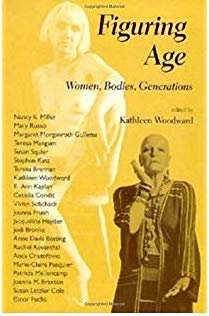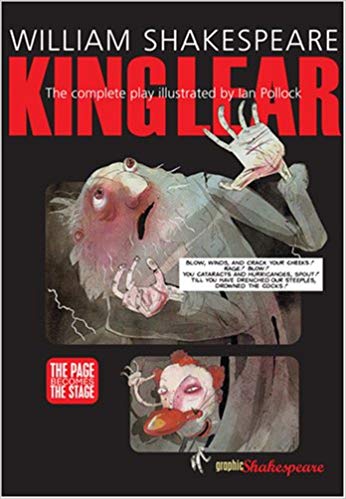Overview
Growing old is not merely a physiological or biological phenomenon. The aging process also occasions complex interactions with history, ideology, and the human imagination. In this advanced seminar we will examine older age from a humanistic perspective, with particular focus on 1) the representation of older age in the arts, and 2) the role of arts-based therapies, creative engagement, and humanities-informed research initiatives involving older people and/or the aging process.
You will be introduced to major debates in the field of humanistic age studies via topics including “The Language of Aging,” “The Aging Self,” “Pathologies of Aging,” and “Living Assisted.” Together we will explore how older age and its artistic representation contend with—and often undermine—cherished aspects of selfhood such as independence, coherence, memory, and choice. What does a humanistic perspective add to our understanding of growing older, and how can these insights be implemented at the micro-, mezzo-, and macro-levels of personal conduct, health research and policy? How might the rigorously creative (re)imagination of aging, older age, and caregiving provide enhanced resources that enable us to challenge prevalent, and largely negative, personal and cultural narratives of growing older?
In this intensive advanced undergraduate seminar, you will be expected to contribute meaningfully and regularly to in-class discussion. For your final project, you will have the opportunity to devise an inventive creative or experiential component (e.g. composing new visual art or theatrical performance, reflecting on related work or volunteering experience, etc) that critically engages, in a relevant and compelling way, the underpinning question of this course: what is it to grow old?
Prerequisites: HLTB50 (Introduction to Health Humanities) and 3 C-level credits.
Learning Objectives:
- To introduce you to a range of humanistic representations of older age, including critical writings, creative literature, film, visual arts, and graphic narratives;
- To describe the ways in which the creative imagination contributes to our understanding of older age, especially through the identification of pertinent patterns in language, themes, genre, and aesthetic form;
- To enhance your abilities for reading analytically, speaking persuasively, writing compellingly in scholarly, public-facing, and reflective forms (blogging, podcasts), as well as practicing the constructive critique of work done by your peers;
- To provide the intellectual framework for a substantial research project that contributes an original insight into the humanistic study of older age.
Texts:

1. Required (available at UTSC Bookstore/Library course reserves)
- Figuring Age: Women, Bodies, Generations, ed. Kathleen Woodward;
- King Lear, William Shakespeare (illustrated by Ian Pollock);
- Scar Tissue, Michael Ignatieff;
- Forget Memory: Creating Better Lives for People with Dementia, Anne D. Basting;
- Additional materials and links via Quercus under “Course Materials.”
2. Recommended (available at UTSC Bookstore/Library course reserves)
- King Lear, Shakespeare (Oxford World Classics edition)
- Health Humanities Reader, eds. Jones, Wear, Friedman (Rutgers, 2014)
